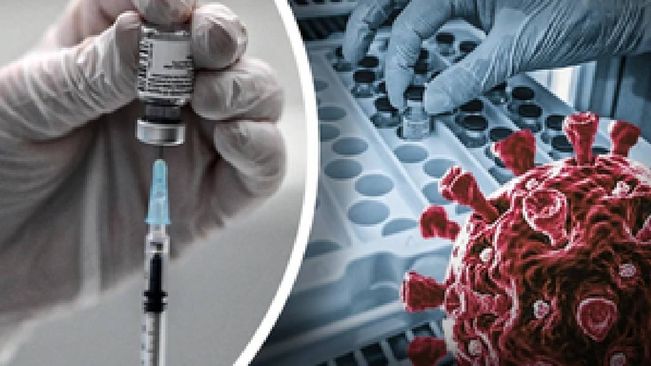If the compound, called a stapled lipopeptide, proves effective as a nasal spray in the trial, it could be the basis for a new drug modality to prevent or treat Covid-19, said the team from Dana-Farber Cancer Institute in the US
Based on the findings, the team have launched a human clinical trial of stapled lipopeptide -- made by chemically stabilising a key coronavirus peptide
Because such compounds foil a mechanism many viruses use to enter and infect cells, stapled lipopeptides may also be effective against dangerous and potentially deadly viruses such as RSV, Ebola, and Nipah, the team, in the paper published in the journal Nature Communications.
"Although vaccines, monoclonal antibodies, and small molecule drugs have played a crucial role in protecting people from life-threatening Covid-19 infection, there remains a critical gap in the treatment arsenal," said Loren Walensky, Physician and Principal Investigator, at Dana-Farber/Boston Children's Cancer and Blood Disorders Center.
"The constant evolution of the virus and the emergence of new variants has markedly decreased the effectiveness of immune-based approaches, requiring periodic reformulation of vaccines. What has been missing are fast-acting, easy-to-administer, and resistance-proof agents that can be used before or after exposure to the virus to prevent infection or reduce symptoms directly. Our study is an encouraging indication that stapled lipopeptides offer that potential," Walensky added.
Unlike mRNA vaccines, which are a form of immune-based therapy that provides delayed protection and also requires periodic administration due to viral mutation and/or waning immunity, the stapled lipopeptides developed by Walensky's lab act directly on SARS-CoV-2, the coronavirus responsible for Covid-19, interfering with its ability to infect healthy cells.
Because this approach does not use the immune system as an intermediary, it is especially promising for people with weakened immune systems, either due to their disease or treatment with immunosuppressive agents, such as chemotherapy.
Walensky's lab has pioneered developing and applying stapled peptides for nearly 20 years. These unique agents consist of natural peptides -- a stretch of amino acids in a defined sequence -- whose bioactive structure is chemically stabilised by an installed "staple" and, in this case, further linked to a lipid, which is believed to help concentrate the stapled peptide at the site of viral infection -- the membrane surface of the otherwise healthy cell.
The new study shows that stapled lipopeptides are exceptionally stable, resisting extremes of temperature and chemical conditions, an important feature for persistence both inside and outside the body.
The design strategy not only prevents peptide degradation in the body upon administration but also remedies prior challenges with shipment and storage, such as the required cold chain for Covid-19 vaccines.
(IANS)















